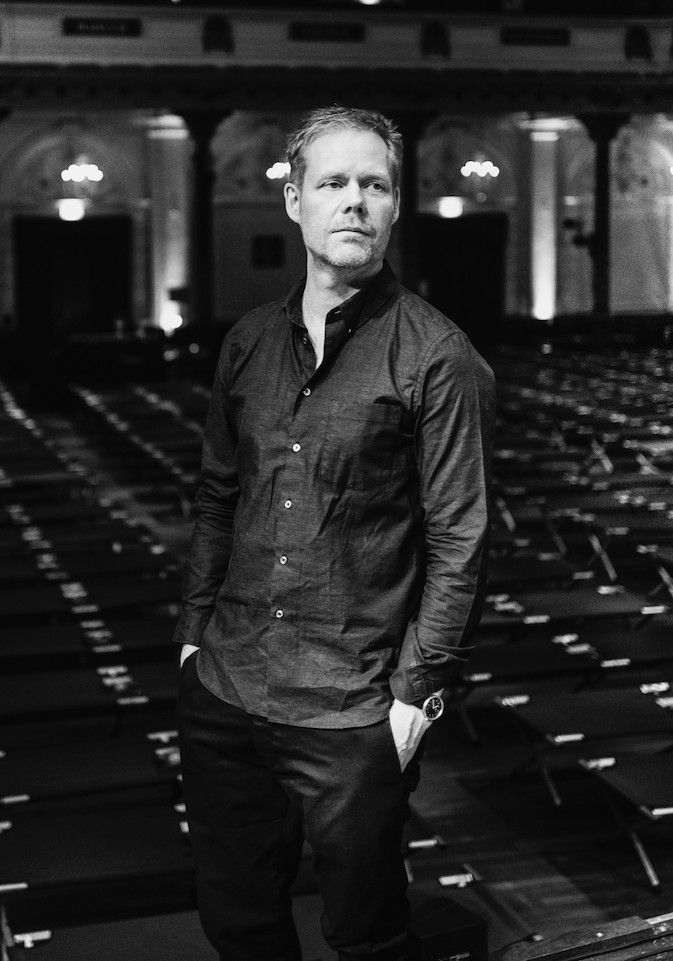It’s difficult to overstate both the success and subsequent influence of German-born, British composer Max Richter. With a classical, conservatoire music education and years spent experimenting and finding his sound, Richter’s second album, The Blue Notebooks caught fire.
The piece On The Nature Of Daylight (2004), in particular, having since become ubiquitous in film, television and beyond (updated in 2018 with a music video starring Elisabeth Moss of Mad Men/The Handmaid’s Tale fame, following on from Tilda Swinton speaking on the original album).
He’s conquered the world of film and television, scoring films such as Ad Astra and Miss Sloane, and television such as Black Mirror and Taboo. He’s also added many solo albums to his oeuvre, including Recomposed by Max Richter: Vivaldi – The Four Seasons, in which he reinvents a great work by one of the greats. I can’t imagine a more daunting task, but Richter does it with his trademark elegance.
Fittingly, Richter was born in the German town of Hamelin, the town from which the ‘Pied Piper of Hamelin’ story originates. Having been based in Berlin for several years, arguably the world’s capital of the avant-garde, he’s now back living in the UK (he grew up in Bedford).
“I was in Berlin for eight or nine years”, he says in his accent that does touch on both the Germanic and the English background. “It is almost like a laboratory where there’s a lot of inventing happening. But for various reasons we came back to the UK recently.”
Richter recently released his ninth solo album, Voices. He crowd-sourced readings of the Universal Declaration of Human Rights to be used in lead-single, All Human Beings, plus a special reading from actress Kiki Layne (If Beale Street Could Talk), receiving hundreds of submissions in over 70 languages.
Considering he’s been working on this project for many years, I mention that I’m particularly struck by the timing of this release, amidst the social upheaval of the global pandemic, closely followed by the George Floyd protests worldwide.
“I started working on this in 2010 with Mercy,” Richter explains. “That’s now the last track on the album. That was made in response to the events in Guantanamo Bay. I wrote Mercy as a place to think about these things and to try and make sense of it. And then I started to talk to Yulia Mahr, my creative partner who is a filmmaker and anthropologist, about making it into a bigger music and film piece. So Voices is the outcome of that 10 years, conversational process.”
With regards to the timing of this release, “unfortunately, social justice and rights seem to be under question all the time. So sadly, this release is always going to be relevant in a way. But we premiered it in early February at The Barbican (the famous concert hall and arts center in North London) and went straight into recording it with the same group of musicians afterwards. So this particular timing was pure chance.”




